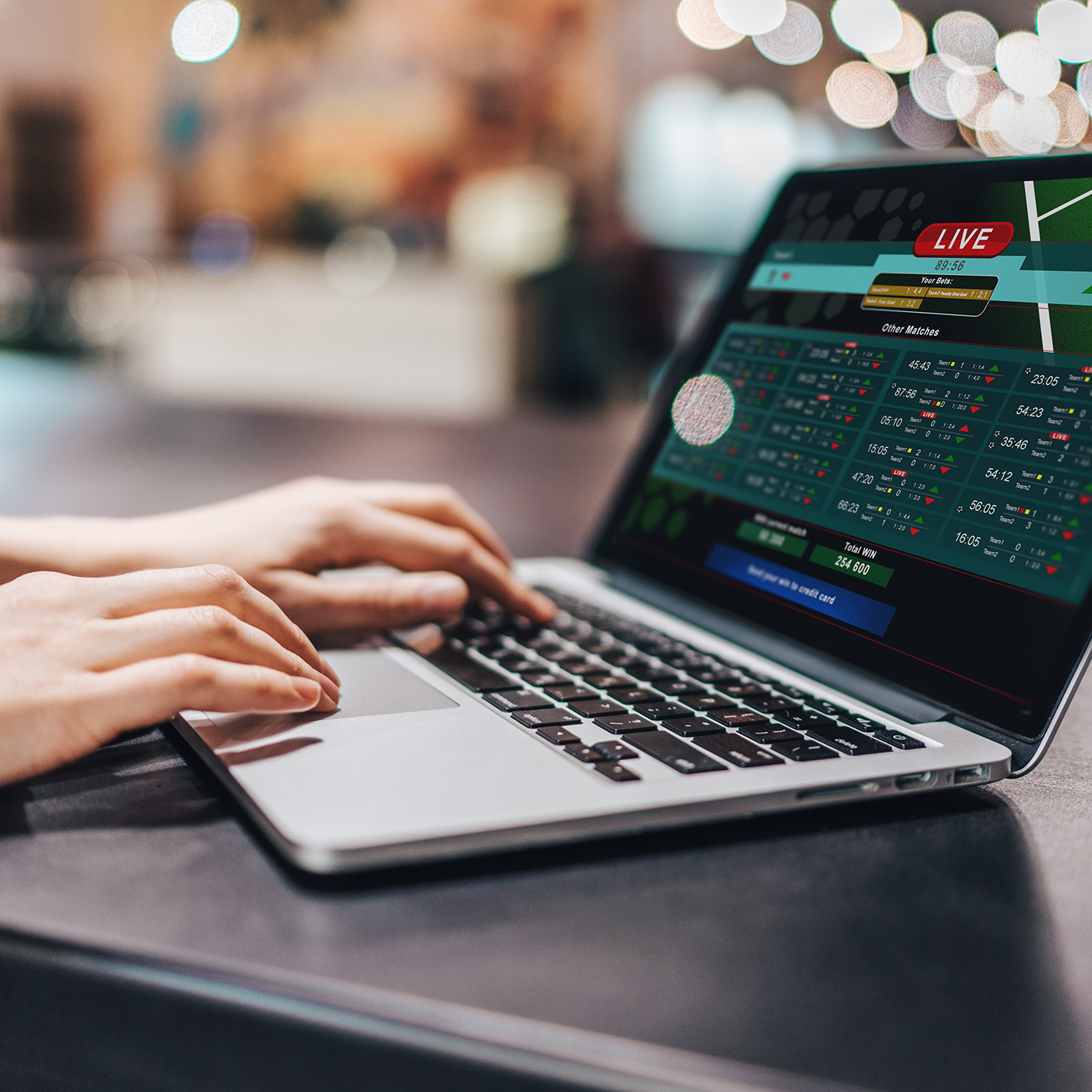
Two headlines have dominated the news over the past few weeks: election results and financial markets. After an unprecedented campaign season, the Republican Party seized control of the White House, Senate, and House of Representatives. At the same time, financial markets have soared, with stocks reaching new heights day after day. Even as the world changes, one thing remains clear: money and politics go hand in hand.
Campaign fundraising and advertising expenditures were focal points throughout the election cycle, with billions of dollars raised and spent by political parties and super PACs. Yet, campaigns were not the only ones wagering on the outcome of the election.
Following a recent federal district court decision in KalshiEX LLC v. CFTC, the public found itself positioned to put some skin in the game. And they didn’t just test the waters; they dove in headfirst. In just over a month, members of the American public poured over $1 billion into one company’s (Kalshi) election betting markets.
This article will break down how election betting works, what the federal district court’s recent decision means, how trading platforms grapple with concerns about market integrity and election security, and what the future of election betting may hold.
Betting or Investing?
When most people think of betting, they picture casinos, horse tracks, or—especially in recent years—online sports betting. These types of betting are primarily regulated on the state and local level and allow individuals to place wagers on certain games of chance.
Election betting is different. In fact, it is not really “betting” at all. Instead, wagering on the outcome of elections is, properly understood, investing. Think about SEC-regulated stock markets where shares are freely traded at prices collectively determined by market participants.
Election betting functions via “event contracts,” financial derivatives that allow investors to speculate on the outcome certain future events. The subject matter of these contracts can vary wildly, but at their core they are designed to mitigate economic risk. On derivative markets, which are regulated by the Commodity Futures Trading Commission (CFTC) as opposed to the SEC, an event contract is generally priced between $0.01 and $0.99. If the contracted-for outcome occurs, the contract pays out $1.00.
By way of example, a farmer can purchase 100 event contracts at a price of $0.10 per contract that will pay out if a drought occurs before a specific date. If no drought occurs before the contract expires, the farmer is out $10—$0.10 for each contract. If a drought does occur, the farmer receives $100—$1.00 for each contract.
What is Kalshi?
Kalshi, an American company founded in 2018, operates financial derivative exchanges that offer event contracts. As the farmer example above suggests, event contracts have historically been used to hedge economic risk. While Kalshi lists some contracts that fit this mold, its main attractions are products that offer more speculative investment opportunities. Kalshi currently offers contracts regarding how many Grammys Taylor Swift will win, whether the U.S. will ban TikTok before May 2025, and whether NASA astronauts return to the moon before 2026.
In June 2023, Kalshi sought to expand into the political arena, attempting to list event contracts concerning whether a particular political party would control the Senate and the House of Representatives after the November 2024 election. However, before they could offer these contracts, the CFTC stepped in, issuing an order prohibiting these contracts from going live. A lawsuit in the United States District Court for the District of Columbia followed.
The Lawsuit
The legal dispute centered on the interpretation of provisions of the Commodity Exchange Act, specifically whether wagering on the outcome of political elections constitutes impermissible “gaming” or an “unlawful activity.” The parties’ statutory arguments were accompanied by more pragmatic considerations.
Kalshi argued that event contracts are established tools for hedging economic uncertainty, and that few events create more economic uncertainty than major elections. In Kalshi’s view, investors should be able to mitigate against these risks, just as they can against any other. Kalshi further noted the benefit of public aggregation of data, arguing that large financial markets are better predictors of election outcomes than institutional polls. Kalshi also pointed out that opportunities to engage in election betting already exist through unregulated, offshore exchanges. Permitting these contracts on U.S.-based markets would reduce the risk of international influence on elections.
The CFTC disagreed, concluding that these contracts provide negligible hedging and price-based utility—in reality, most people would buy these contracts for speculative gain, not to mitigate economic risk. Another major point of contention was the fear of adverse impact on election integrity. In the CFTC’s view, with election security currently under a microscope, the mere perception of undue influence could adversely affect the democratic process. Finally, the CFTC, given its role to regulate financial derivative markets, voiced concerns about its ability (and even authority) to exercise oversight over the electoral process.
The district court sided with Kalshi, ruling that their proposed event contracts are permitted under the Commodity Exchange Act. Although the CFTC continues to pursue an appeal, the contracts remain live on Kalshi’s markets.
Doubling-Down
Following the court’s green light, Kalshi upped the ante. Although it initially planned only to offer contracts regarding the aggregate outcome of Congressional elections, it expanded its offerings to include a slew of contracts concerning the Presidential election. Not only did Kalshi offer markets on the ultimate outcome of the electoral college, but it allowed investors to predict the winner of the popular vote, wager on which state would be the closest, and even predict the date that certain news organizations would call the election.
Much like the two major political parties, Kalshi embraced aggressive advertising. Its ads were seen on TV, online, and even on physical kiosks (with real-time odds) throughout major U.S. cities. This strategy seems a success, as over $1 billion has been pumped into Kalshi’s election-related markets.
What about Market and Election Integrity?
Although Kalshi’s markets remain under the regulatory thumb of the CFTC, serious concerns about market integrity and—perhaps more importantly—election integrity persist. Kalshi has attempted to address these concerns by implementing trading restrictions.
For example, Kalshi prohibits the following individuals from trading election-related contracts: holders of federal or statewide public office, paid campaign staffers, anyone working in a vote-tallying capacity, paid employees of major polling organizations, employees of certain news networks, and foreign nationals.
Whether these guardrails are sufficient to maintain market and election integrity remains to be seen. If not, the CFTC, DOJ, and others may be forced to step in and take more active regulatory and, if necessary, enforcement roles.
No Signs of Stopping
While the November elections are in the rear view, Kalshi continues to put the pedal to the metal. The next stops: markets predicting the Trump administration’s cabinet members, who Trump will pardon within his first 100 days, and what policies the administration will implement. Investors can even start wagering on the outcome of an event years down the road—the party nominees for the 2028 Presidential Election.
With the impending change in political control, it is likely that the CFTC’s appeal of the district court’s decision will soon be abandoned, further clearing the way for the expansion of these sorts of event contracts.
The stakes are high—and who, if anyone, enjoys high stakes more than bettors or, rather, investors?




